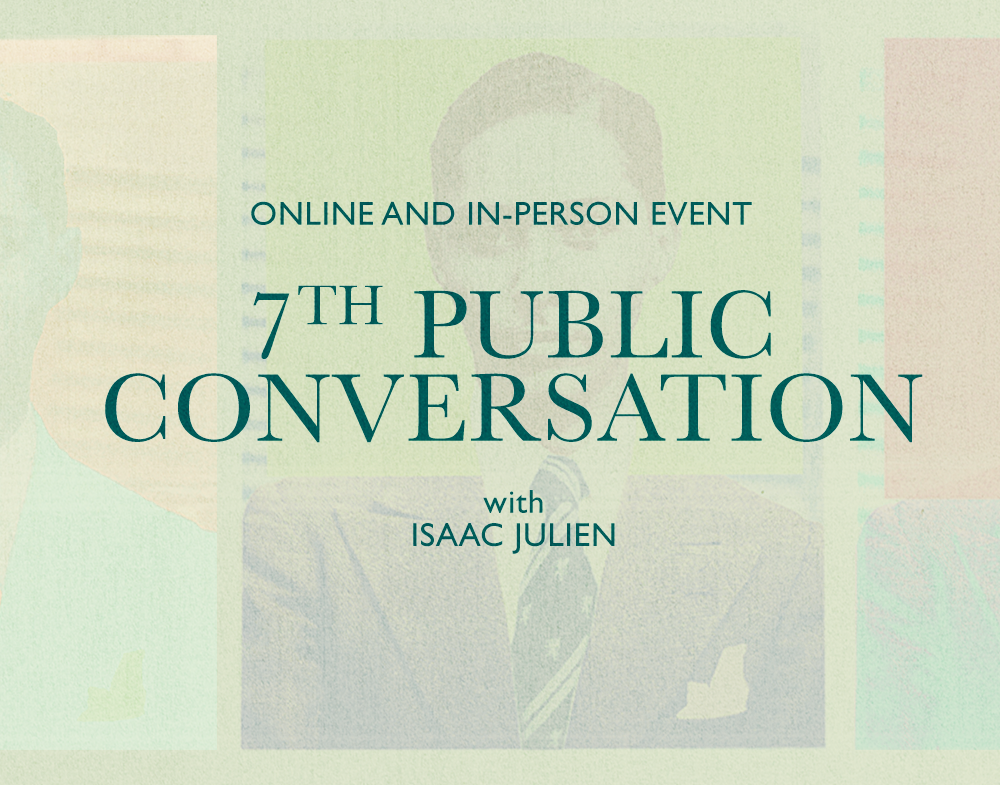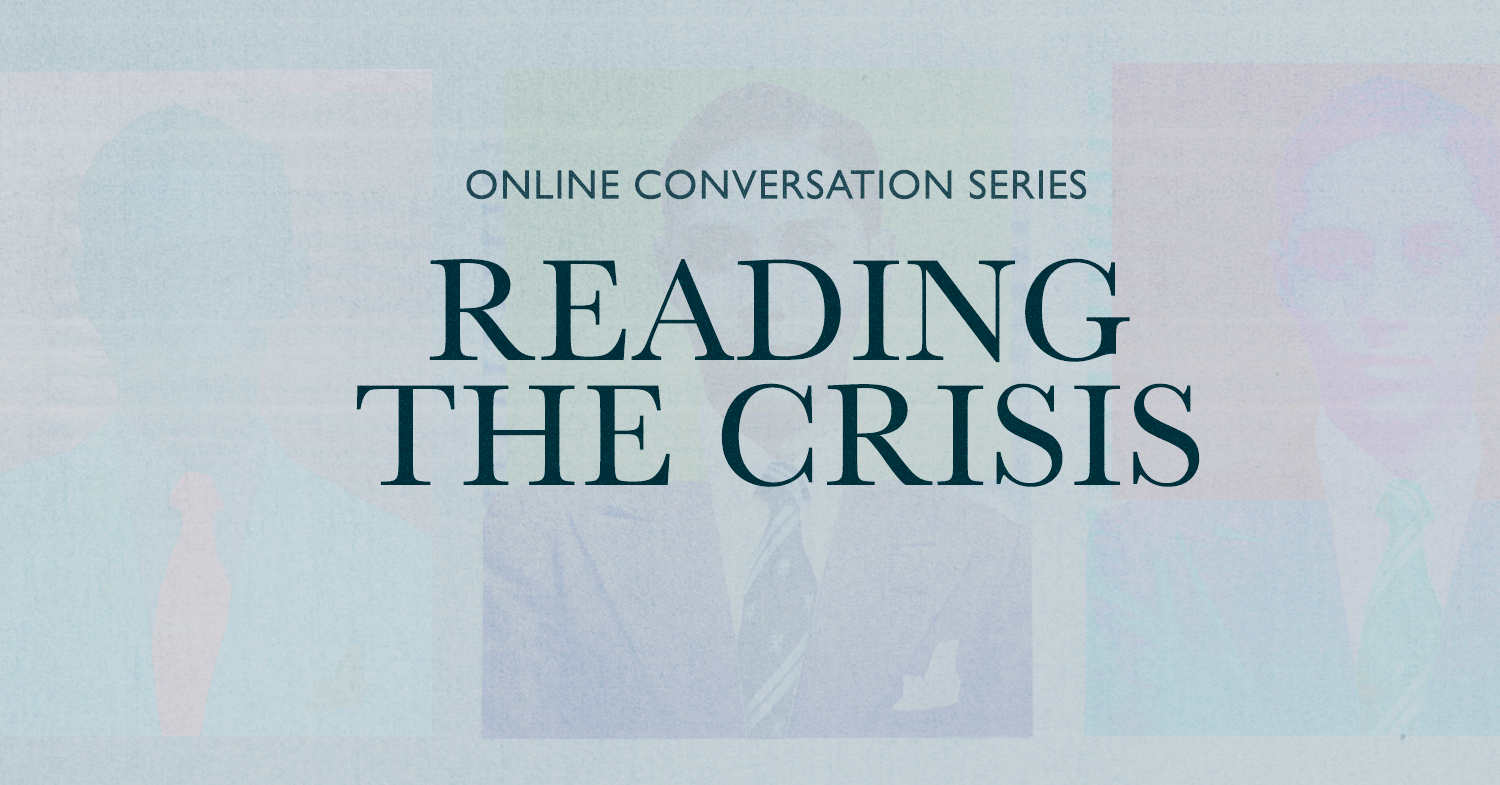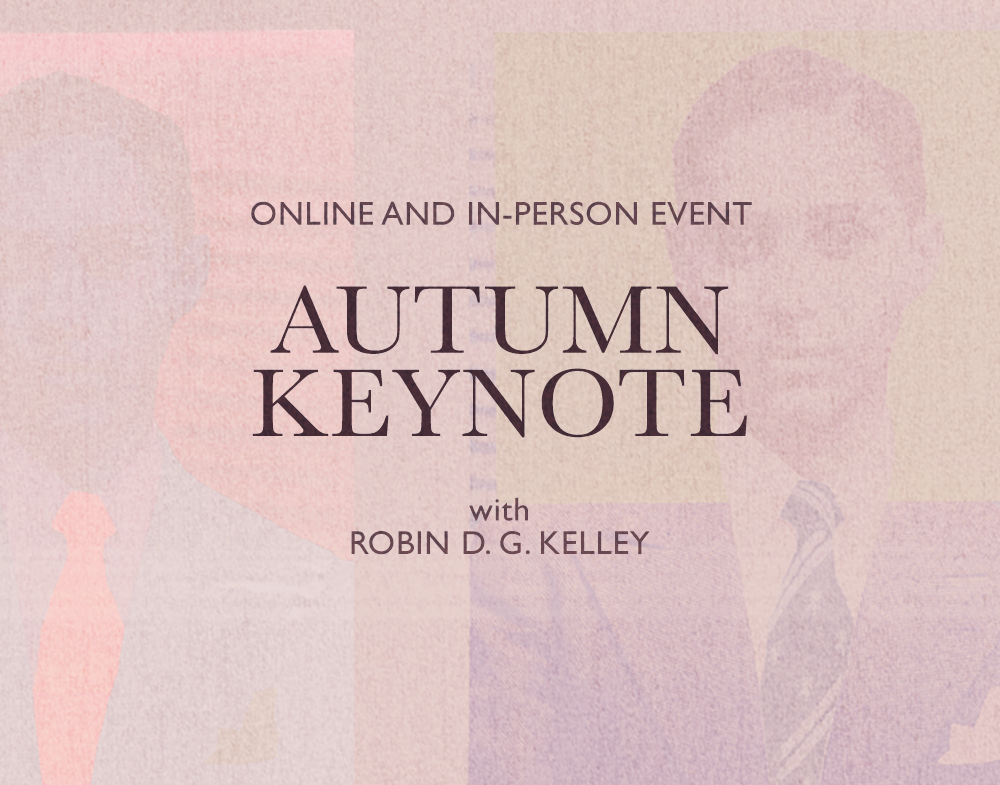“Start ‘from that full insertion in the present – in its struggles, its challenges, its dangers – to interrogate the past and to search within it for the genealogy of the present situation’. And from that starting point, begin to construct a possible alternative scenario, an alternative conception of ‘modernity’, an alternative future.”
Stuart Hall, ‘Thatcherism and the Crisis of the Left’ (1988) quoting E. Laclau and C. Mouffe, ‘Post-Marxism without Apologies’ (1987)
Catastrophes signal a crisis of survival, knowledge, and power. They simultaneously herald destruction and renewal, political closures and openings, the demise of old ways of knowing and the emergence of new ways to relate to our ever-changing world.
The Stuart Hall Foundation’s first full-length annual programme, Catastrophe and Emergence, draws from these ideas to invite artists, academics and organisers to examine this conjuncture, trace the histories constituting it, and consider the political and creative possibilities that might emerge from what was.
There is no shortage of prescient political questions to consider in 2024. Programme contributors have expressed a desire to think through a handful of those questions: what might it mean for British party politics if Labour win the next general election, breaking fourteen years of Conservative rule, without mass support? How can we make sense of the contradictions between mainstream mediations of Russia’s invasion of Ukraine and Israel’s totalising destruction of the besieged Gaza Strip? What can the current political landscape tell us about the linkages between domestic and foreign affairs more broadly, about how the boundaries separating identities, histories, political realities and imaginaries are constructed and enforced? How are creative practitioners responding to this moment? Can the groundswell of political struggles against the privatisation of public infrastructure, increased police powers, gender discrimination, imperialism and climate change coalesce to articulate a project for societal renewal? Where will the right claim discursive victories in the development of a new common sense?
The Stuart Hall Foundation is dedicating the 2024 programme to nurturing a variety of online and in-person spaces for confronting the present, sharing insights through free and open dialogue, and honing the discursive tools to imagine and articulate alternatives together.

7th Annual Stuart Hall Public Conversation with Isaac Julien
Saturday 23rd March 2024, 2pm – 5pm GMT
Conway Hall, London & Online
The Stuart Hall Foundation was delighted to welcome acclaimed filmmaker and installation artist Isaac Julien for our 7th Annual Stuart Hall Public Conversation at Conway Hall, London, on Saturday 23rd March. Responding to the theme of our 2024 programme, Catastrophe and Emergence, Isaac delivered a keynote presentation focused on the current state of the imaginary, exploring the connection between image-making and political allegory. The event included a new two-screen presentation of Isaac Julien’s immersive installation Once Again… (Statues Never Die), which was the first time the piece has been shown in this particular format in the UK.
View photography from the event here.
In partnership with Conway Hall supported by Esmée Fairbairn Foundation, Barry Amiel and Norman Melburn Trust and Cockayne Grants for the Arts, a donor-advised fund held at the London Community Foundation

Reading the Crisis
May – July 2024
Online
The Reading the Crisis series asks: what kinds of tools and strategies are needed to confront this conjuncture? This series seeks to advance Stuart Hall’s thinking by analysing a curated selection of three essays in relation to present-day political formations.
Watch – Reading the Crisis: ‘The West and the Rest’ with Ilan Pappé and Priyamvada Gopal
Watch – Reading the Crisis: ‘The Neoliberal Revolution’ with Aditya Chakrabortty and Jeremy Gilbert
Register – Reading the Crisis: ‘Cultural Identity and Diaspora’ with Gail Lewis and Roderick Ferguson
(Tuesday 23rd July, 5.30pm – 7pm BST)
The conversations are chaired by Senior Lecturer and former BBC Radio Senior Producer, Aasiya Lodhi. Each conversation forms an online teach-in space dedicated to demonstrating how engaging in a conjunctural analysis can enrich artistic practice, deepen organising work, and academic study.
In partnership with Duke University Press supported by Esmée Fairbairn Foundation and Barry Amiel and Norman Melburn Trust

Stuart Hall in Translation
July – Autumn 2024
Online and in print
The Stuart Hall in Translation series observes ideas in motion. It aims to trace the resonance and transformation of ideas as they oscillate between languages, historical moments, and varying socio-political contexts. The series, produced in partnership with Cultural Studies journal, invites translators of Stuart Hall’s work from across the world to reflect on the following questions:
- What can be lost and gained when texts are translated into different languages?
- Can ideas form linkages across difference?
- How can ideas transcend spatial and temporal boundaries?
- What are the political implications associated with ideas moving across and between boundaries?
To initiate the project, in August 2022 we invited Bill Schwarz, co-author of Stuart Hall’s memoir Familiar Stranger, and Liv Sovik, professor of Communication at Universidade Federal do Rio de Janeiro, to discuss the nuances of translating Familiar Stranger and Hall’s ideas into Portuguese for a Brazilian audience.
In 2024, we extended the invitation to other translators of Hall’s work, asking them to write about their own experiences, and addressing the disparities, challenges, and synergies of translating Hall’s ideas into a different language and national context. These new texts will be published in Cultural Studies and on the Stuart Hall Foundation website in Autumn 2024.
Sign up to the SHF newsletter to keep updated!
Supported by Taylor & Francis.

Autumn Keynote with Robin D. G. Kelley
Thursday 5th September 2024, 7 – 9pm BST
Conway Hall, London & Online
The Stuart Hall Foundation is thrilled to welcome internationally renowned historian and writer Professor Robin D. G. Kelley to our third Autumn Keynote at Conway Hall, London. Professor Robin D. G. Kelley has been invited to respond to the theme of our 2024 programme Catastrophe and Emergence. He will deliver a keynote that examines this current conjuncture, trace the histories constituting it, and consider the political and creative possibilities that might emerge from what was. A chaired discussion and audience Q&A led by interdisciplinary writer, artist, editor and curator Imani Mason Jordan will follow the keynote.
In partnership with Conway Hall Ethical Society supported by Esmée Fairbairn Foundation, Barry Amiel and Norman Melburn Trust and Cockayne Grants for the Arts, a donor-advised fund held at the London Community Foundation.
Read more about the Autumn Keynote event and book tickets
_
Assets designed by Richard Harrington and Jess Hall


Share this